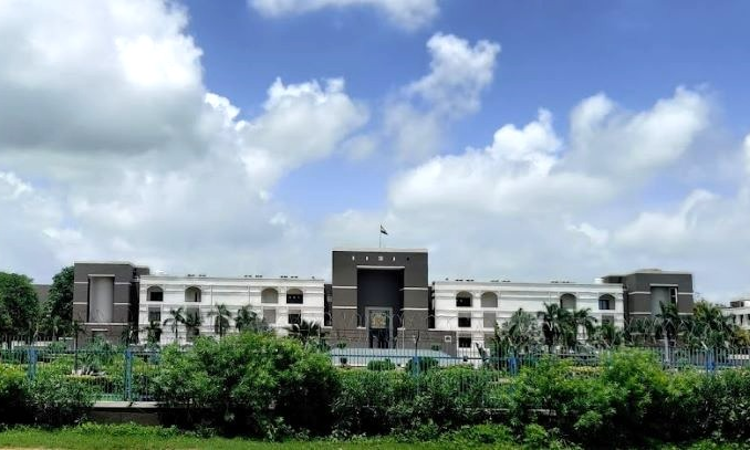The Gujarat High Court has reiterated that imports made during the intervening period between the expiry of the Notification imposing Provisional Anti-Dumping Duty (ADD) and the Notification levying final Anti-Dumping Duty, would not attract Anti-Dumping Duty.The Court dismissed the contention made by the revenue department that since the final Anti-Dumping Duty Notification was issued...

